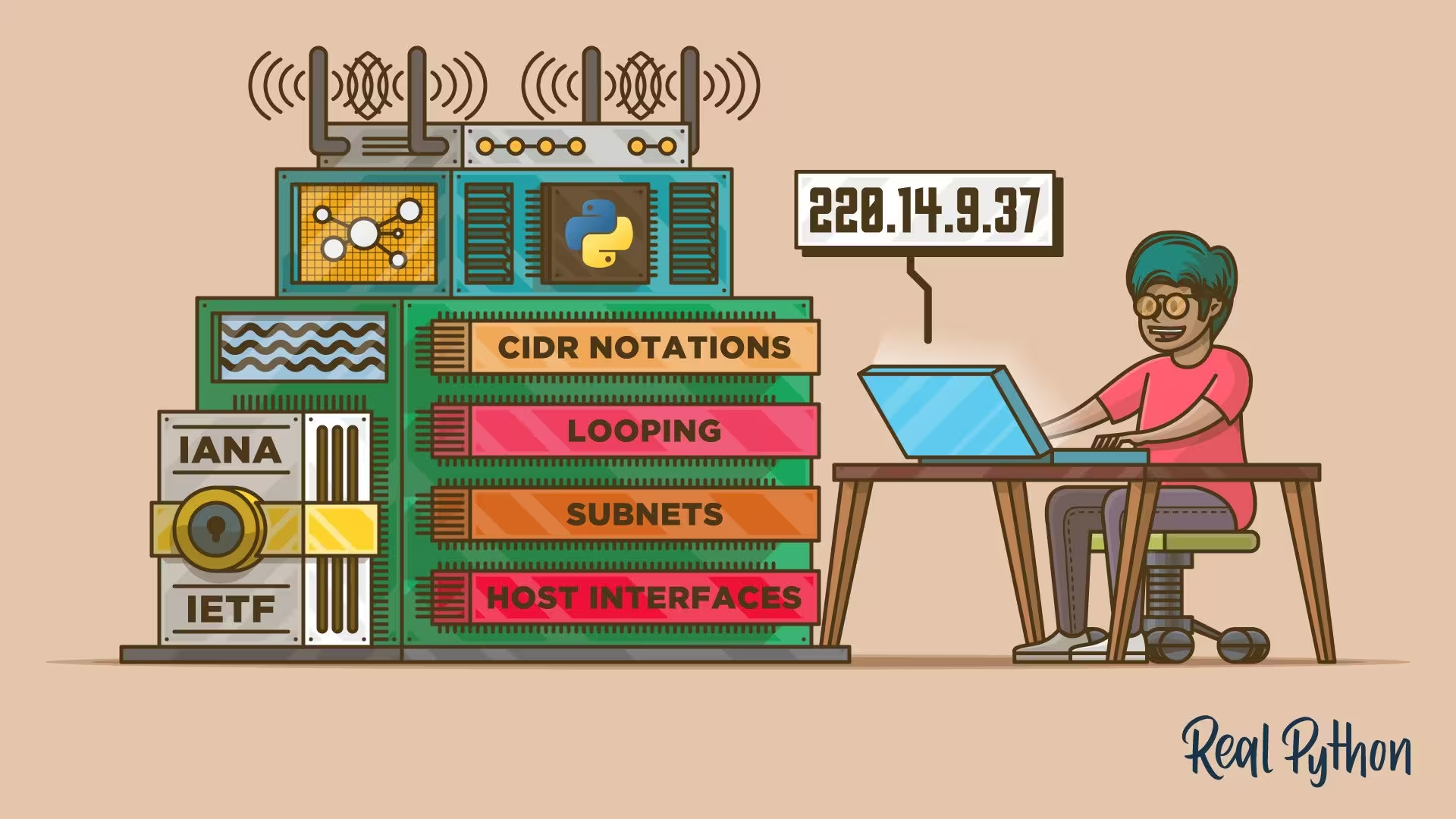127.0.0.1:62893 – What It Means and Why It Matters
Have you ever stumbled across something like 127.0.0.1:62893 and wondered, “What the heck is this, and should I be worried?” You’re not alone! If you’re curious about what this combination of numbers means, don’t worry—this blog post will break it all down for you. By the time we’re done, you’ll know what 127.0.0.1:62893 represents, where it’s used, and whether it’s relevant to your daily tech life. Let’s dive in!
What Is 127.0.0.1:62893?
At first glance, 127.0.0.1:62893 looks like a jumbled mess of numbers, but it actually holds some important meaning. It’s a combination of an IP address (127.0.0.1) and a port number (62893). Let’s break this down step by step so it makes more sense.
127.0.0.1: This is known as the localhost IP address. In simple terms, it points to your computer or device itself. Think of it like talking to yourself—when a program sends data to 127.0.0.1, it’s communicating with the same machine it’s running on.
62893: This is a port number. Ports act like virtual doors for different software programs on your device to exchange data. Every door (port) is assigned a number, and in this case, 62893 is the door the program is using.
When combined, 127.0.0.1:62893 indicates that some service or software on your computer is talking to itself through this specific port.
Why Does 127.0.0.1:62893 Show Up?
There are a few reasons you might come across 127.0.0.1:62893:
1. Software Testing and Development
Developers often use 127.0.0.1 to test applications locally before deploying them online. A port like 62893 is randomly assigned during these tests to allow different applications to run without conflicting. So, if you see this address, you’re likely running a program or web server locally.
2. Local Web Servers
Some tools like XAMPP or WAMP let you run a local web server on your machine. In that case, the program might use 127.0.0.1 along with a port like 62893 to serve web pages that only you can see. It’s like hosting a website on your computer that isn’t live for the rest of the world.
3. Games and Other Apps Using Local Ports
Certain multiplayer games or programs also use localhost (127.0.0.1) for internal communication. If you’re running mods or special configurations, the software may assign a random port like 62893 to facilitate smooth operations without going through the internet.
Is 127.0.0.1:62893 a Security Risk?
Most of the time, 127.0.0.1:62893 isn’t something to worry about—it’s just your computer talking to itself. However, there are a few things to keep in mind:
Unauthorized Services: If you don’t recognize the software using this address, it might be worth investigating. Occasionally, malware or spyware could run locally and try to access your system through specific ports.
Firewall Settings: Some firewalls block or allow access to certain ports. If your firewall raises a flag about port 62893, it could indicate suspicious behavior, but often it’s just a program doing what it’s supposed to do.
Run a Check: Tools like netstat (on Windows) or lsof (on Mac/Linux) can show you which software is using a port, giving you peace of mind.
How Can You Check What’s Running on 127.0.0.1:62893?
If you’re curious about what program is using the 62893 port, you can follow these steps:
On Windows:
Open Command Prompt as Administrator.
Type:
bash
Copy code www.thepinkwords.com
netstat -ano | findstr 62893
This will show the process ID (PID) of the program using the port.
Use Task Manager to match the PID to a running application.
On Mac/Linux:
Open Terminal.
Type:
bash
Copy code
lsof -i :62893
This will display the program associated with the port.
What to Do If You See Suspicious Activity?
If you find that 127.0.0.1:62893 is linked to an application you didn’t install or recognize, it’s a good idea to:
Run an antivirus scan. www.thewashingtonpost.com
Check your firewall logs for unusual activity.
Disable the service or process if you suspect it’s unnecessary or malicious.
But in most cases, seeing 127.0.0.1 with a random port like 62893 isn’t a big deal—just part of normal computer activity!
Conclusion: 127.0.0.1:62893 Isn’t as Mysterious as It Looks
So, what’s the takeaway? 127.0.0.1:62893 might look confusing at first, but it’s really just a way for your computer to talk to itself. Developers, gamers, and web enthusiasts often encounter this kind of address when running things locally. Most of the time, it’s harmless, though it’s always a good idea to stay vigilant and monitor what’s happening on your machine.
If you’re ever in doubt, you can use simple tools like netstat or lsof to see what’s going on. But otherwise, you can rest easy—127.0.0.1:62893 is just another part of your computer doing its thing behind the scenes!
FAQs About 127.0.0.1:62893
1. What does 127.0.0.1 mean?
127.0.0.1 is the localhost IP address, used to refer to the same machine a program is running on. It’s like your computer’s way of talking to itself.
2. What is a port number?
A port number is a virtual “door” that allows software programs to exchange data on your device. In 127.0.0.1:62893, 62893 is the port number.
3. Is 127.0.0.1:62893 dangerous?
Usually, it’s not dangerous. However, if you see unusual activity linked to this address, run a scan and monitor your system for suspicious programs.
4. How do I find out which program is using port 62893?
On Windows, use the netstat command. On Mac/Linux, you can use lsof in the terminal to identify the program.
5. Can I block 127.0.0.1:62893?
You could block the port in your firewall settings, but if it’s used by a legitimate program, it might stop working. Be careful when blocking ports!
6. Why do developers use 127.0.0.1?
Developers use 127.0.0.1 for local testing to simulate how software will behave without connecting to the internet.

